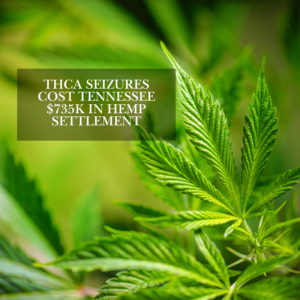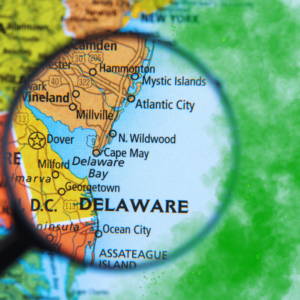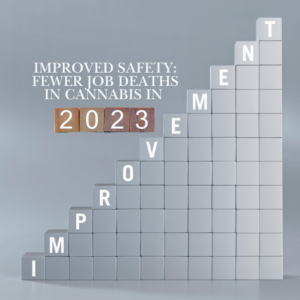California Saves 500 Mendocino Cannabis Growers From Market Exit

Pathway to Long-Term Licensure for Mendocino County Cannabis Cultivators
Hundreds of cannabis cultivators in Mendocino County, one of the most renowned growing regions in the world, now have a clearer path to securing a long-term future in California’s licensed market. On October 17, the California Department of Cannabis Control (DCC) certified an Environmental Impact Report (EIR) for the county, resolving a major roadblock that had hindered the transition of cultivators from provisional to annual licensure.
EIR Certification Removes Key Barrier
The DCC’s certification of the EIR is a significant development for cannabis growers in Mendocino County, where the majority of cultivators have been stuck in provisional licensing status due to issues with environmental compliance. Of the 535 active cultivation licenses in the county, 476, or 89%, remain provisional, according to the DCC’s licensing database.
Under current state regulations, the DCC cannot renew provisional licenses beyond January 1, 2025, meaning cultivators must transition to annual licensure by January 1, 2026, or risk being forced out of the legal market. The certification of the EIR is a crucial step in helping Mendocino’s cannabis cultivators achieve compliance with the California Environmental Quality Act (CEQA), a requirement for securing annual licensure.
Addressing Environmental Compliance
The purpose of Environmental Impact Reports is to document any potential environmental impacts associated with development projects and to identify measures to mitigate these impacts. This process is especially important for cannabis cultivation, where operations can affect sensitive species, waterways, and air quality. However, completing CEQA site-specific reviews can be a time-consuming and complicated process for operators.
In Mendocino County, cultivators faced challenges in achieving CEQA compliance because local cannabis regulations, established before California’s statewide licensing framework, did not align with state requirements. This misalignment left many growers unable to meet the environmental standards required for state licensing.
A Long-Awaited Solution for Cultivators
Despite efforts to assist Mendocino County with the licensing process, progress had been slow. In 2022, the DCC allocated $17.6 million in grant funding to the county to aid with local permitting, but the licensing bottleneck remained. The county’s cannabis cultivators faced constant regulatory changes, with the cannabis program shifting between three regulatory departments and six different department heads since the rollout of Proposition 64, which legalized recreational cannabis in California.
Eventually, county officials forfeited oversight of the grant funding back to the DCC, allowing the state department to step in and streamline the licensing process. With the EIR now certified, the development of site-specific environmental documents has become more straightforward, giving cultivators a clearer path to CEQA compliance and, ultimately, annual licensure.
Collaboration and Progress
The certification of the EIR represents a milestone in the collaborative efforts between cannabis operators and local and state government. According to Mo Mulheren, chair of the Mendocino Board of Supervisors, the project demonstrates the success that can be achieved when legal cannabis operators and government entities work together to meet environmental and licensing requirements.
The DCC expects the first cannabis cultivators to transition from provisional to annual licenses later this month. This transition will alleviate some of the pressures faced by Mendocino’s legacy growers, who have been working under a provisional licensing system that left them uncertain about their future in the legal market.
Time-Sensitive Challenges Ahead
While the certification of the EIR is a major step forward, challenges remain for some cannabis cultivators. State-mandated biological surveys and studies, which are necessary for certain environmental reviews, are seasonal and can only be conducted in the spring. This creates a time crunch for growers whose provisional licenses are up for renewal before they can complete the necessary studies.
Nevertheless, the DCC’s certification of the EIR is a critical move that will enable many cultivators to continue operating legally and sustainably in Mendocino County. The department is now focused on reviewing individual annual license applications and preparing addenda to support the ongoing transition of licensees in the county.
Looking Ahead for Mendocino’s Cannabis Industry
With the EIR now certified, Mendocino’s cannabis cultivators are on a clearer path to securing long-term licensure, which will allow them to continue contributing to California’s legal cannabis market. However, the time-sensitive nature of the transition and the remaining steps required for full compliance means that cultivators must act swiftly to meet the approaching deadlines.
The DCC remains committed to assisting cannabis businesses through the licensing process while ensuring that the environmental standards outlined in CEQA are upheld. By facilitating the transition to annual licensure, the DCC is helping protect the legacy of Mendocino County’s storied cannabis cultivation tradition while also supporting a more environmentally conscious and legally sound industry.











